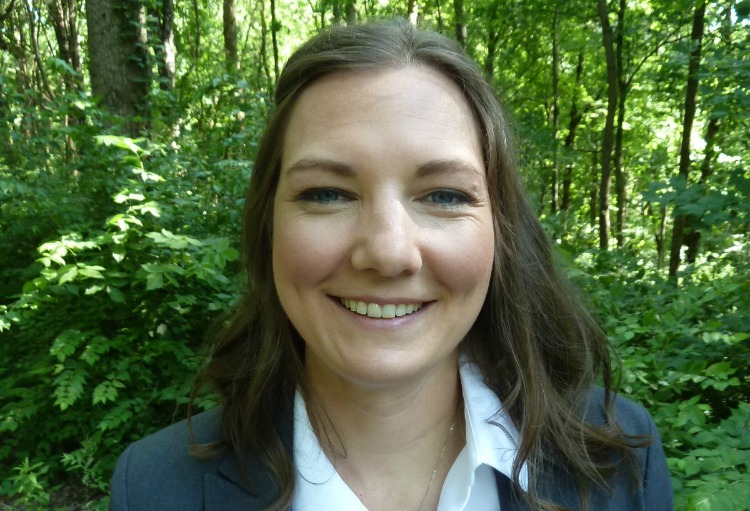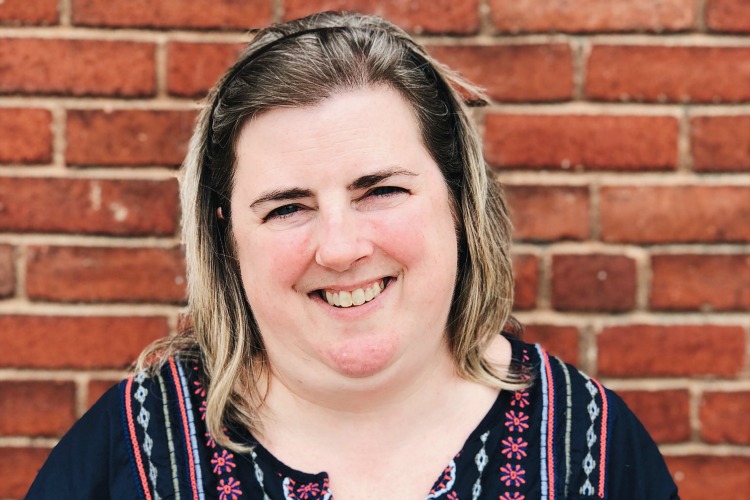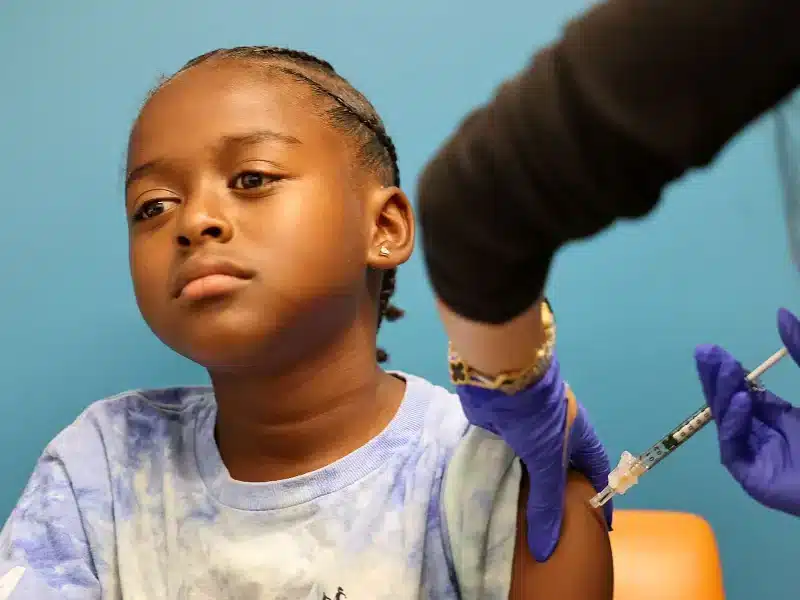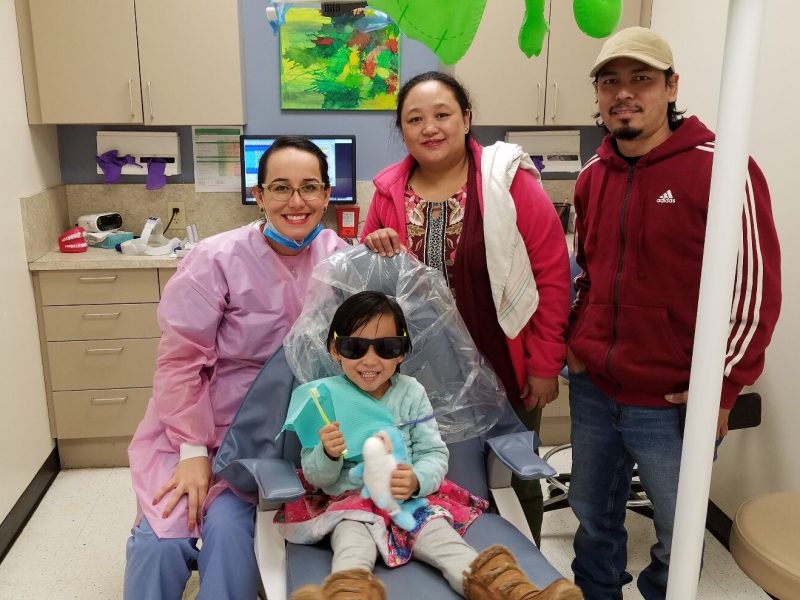The ABC’s of teaching
Three Cincinnati teachers from different schools discuss their hopes for the 2018–2019 year.
Book bags are packed, teeth are brushed and the bus is pulling up the street: Yes, it’s time to go back to school. Students across the tri-state area are preparing for those first days of walking down the familiar hallways and trying to remember locker combinations. Teachers, meanwhile, have been in and out of their classrooms already, getting everything set up for a new year of students, with unique needs and qualities all their own.
For teachers, summer break isn’t just a time away from the classroom for some much-needed quiet. It’s also a time to reflect on the previous school year, things that went well and things that need changing. We spoke with three teachers from across the Cincinnati area and asked them about the challenges they faced last year, how they hope to overcome them this year, and what they’re excited about for the 2018–2019 school year.
Felicia Molatore – Science Teacher, Shroder Paideia High School
I was a floater science teacher going around other people’s classrooms. Being a floating teacher is hard enough because you’re going in and out of someone else’s classroom, you can’t put the desks how you want, you don’t have materials you need readily available or handy. I was teaching chemistry, physical science and a botany/zoology class. Not only is it trying to understand the different grade levels, but it’s also different classes. They’re all science-based, but sciences are completely different, as far as lab needs and hands-on things. So as a floater teacher, it’s not really your classroom to decide how to set up. And not only that, but science teachers tend to have a lot of labs and need lots of supplies. We’re notorious hoarders; we hold on to things that might come in handy for the next year because labs are always changing.
This year, I have my own classroom, and I am only teaching one class. That’s the other thing, for the last four years, one or two of my classes have been completely new, so I’ve had to write it from scratch. But this year, I have one class that I’ve taught before, and I have my own classroom.
The floating teacher was difficult, but it really taught me how to be efficient. A mentor teacher suggested to me once, during the school year, write down everything you want to change for the next school year. It’s hard to change things in the middle of the year. So I’ve been making lists of things I want to change or do better. Being a floating teaching helped me be more efficient in procedures, [to think], “How do I design this so it runs smoothly for students?” It was nice to have that experience in that way. So now with my own classroom, I have this extensive list of what I would do in a classroom and how to make it more efficient.
Ben Hunt – Social Studies, Performing Arts Department Chair, Theater Director and Assistant Principal for Academics, Mount Notre Dame High School
There are always the standard roadblocks, the educator slump you sometimes get in to when you’re at the grind day in and day out for weeks on end, months on end, and you struggle to see the light at the end of the tunnel. The workload is a constant, and the beautiful part of the summer is here’s a little bit of relief from that. We don’t have to pay as much attention to the politics and what’s changing [at Mount Notre Dame] but we have been keeping a closer eye. This year we were starting to care a little more about state testing and the rules and regulations that go with that. I wouldn’t say it’s a major push, but keeping in mind that changes are occurring and that we don’t live in a vacuum.
One of the big things is just maintaining the positive moral. I always find that building good camaraderie between faculty, between students and parents and administrators, that’s the key to making it through those rough patches. It’s just keeping the big picture in mind. It’s one of the things I truly enjoy about MND (Mount Notre Dame); I feel like we have a very strong community, as long as I look up to realize it, they’re there.
You don’t do it for the pay. It’s truly a calling. For me, I’ve always taken it as a rule of thumb where when I have students graduating from MND and going into education, I feel like I have a duty to remind them that, “Hey, just remember, I support you, I think you’re going to be great. But remember, your pay is never going to be comparable to your friends who become engineers or electricians. Don’t go into this career thinking you’re going to be driving a brand new car all the time.” I’m curious to see where the interest education’s numbers are going. We’ve seen a dramatic fall in students interested in education. I think a lot of it has to do with the revelation that, “Oh, if I go to college, and I’m going to be out $30,000-40,000 for four years and then I’m going to get paid at $31,000-32,000 to start, it’s going to take me a long time to pay off those loans.” Quite honestly, I think as a society we’ve pushed too hard against education, and we’re seeing the results.
Sarah Miller: English Teacher, Finneytown Secondary School
We have had a lot of transition in the English department in the last five or six years, like a revolving door. We get someone new and in a year they leave. This is the first year that we haven’t had to hire someone in the department for several years. So every year for the past few years, it’s been training someone new over and over. When people keep leaving, you start to wonder, “How much do I invest?” And that’s terrible, because the ones who suffer are the kids. Trying to not be jaded.
Content-wise, I just always want to be open to newer things. Since I’ve been doing it for a while, it would be easier for me to fall back on the way it was when I started, and I don’t think that’s best for the kids we have now.
The department started doing a summer literacy unit. It used to be that if you were in honors, you automatically had summer reading, but nobody else did. And that was really foolish because the people who needed more help in reading were probably the ones not in honors. So for the past few years, we’ve done a summer literacy project where the entire school, sixth grade through twelfth grade, reads the same book.
The first year, it was “You can read whatever you want.” And the second year we tried everybody reading the same book. This year, I think it’s the best choice we’ve made yet. We just chose one author, Jason Reynolds; he’s contemporary, he’s got seven books. He’s African American, very approachable, very timely. One of his books deals with violence from police officers. So kids had a choice, he does have middle grade books and young adult. So the kids got to choose what they wanted, they ordered the books; we provided them with the books before summer started. I think it was the best chance that we had to get more engagement.
I hope, for myself as well as the newer folks, we can start to collaborate more. Because the first few years you’re teaching, it’s all new. So a lot of the times, you’re leaning as you go.
















